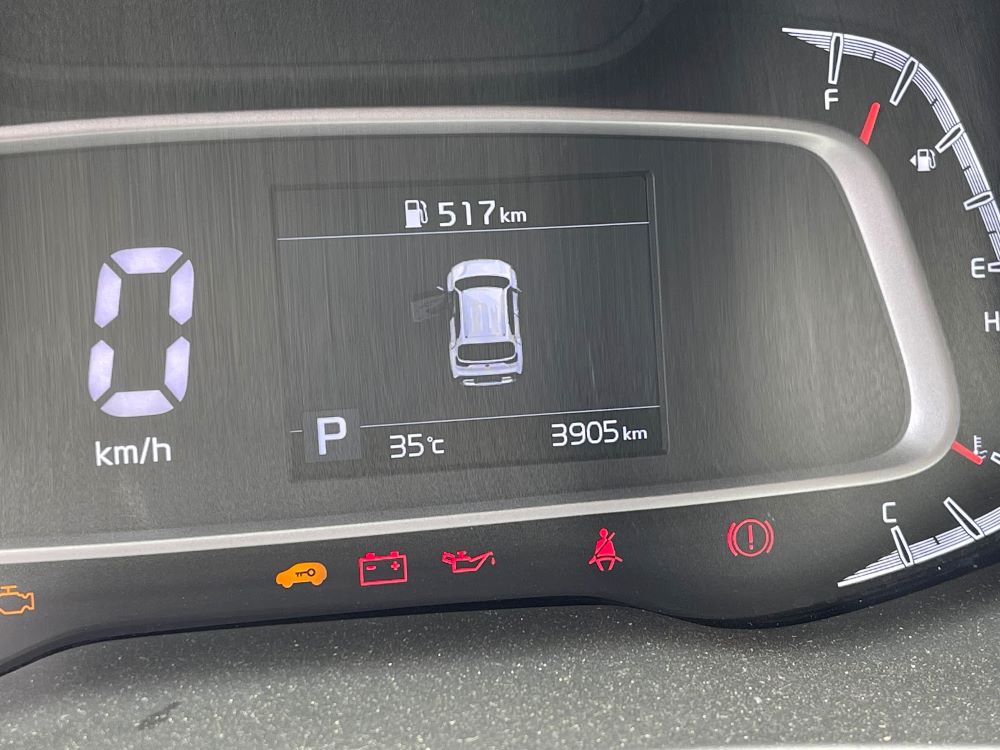With the following insights, you'll be well-prepared to discover Curacao's hidden coves and vibrant cities, all in the comfort of your own rented vehicle.
On the always sunny Curaçao, a rental car can be a gateway to freedom and adventure. While the island has a functional public transport network, having your own vehicle offers the opportunity to explore the island in a more personalized and flexible way. Imagine driving at your own leisure to secluded beaches far beyond the reach of public transport and taxis, or trekking into the rugged terrain of Christoffel or Shete Boka National Parks.
Vehicle choices are wide, with everything from compact city cars to rugged SUVs and Jeeps specifically useful for those planning to visit the national parks. But be warned: demand for rental cars peaks, especially during holiday periods and high season. Early reservations are therefore strongly recommended to avoid disappointments. An additional advantage of booking in time is a larger selection car types to choose from.
For the more pragmatic details, a credit card is a must for most reservations. Not only does it serve as a deposit for any damages, but it must also be in the name of the main driver. There must be sufficient spending space on the credit card. For those who don't have a credit card, some car rental companies offer a 'no deposit' service or a cash deposit.
Insuring your rental car can vary from basic insurance, such as third party liability insurance, to more extensive packages. A Collision Damage Waiver (CDW), for example, covers damage to the car caused by the renter, such as a scratch or dent. There are even all-inclusive insurance options that cover almost every possible scenario, but this will of course affect the total rental cost.
Insurance is another crucial aspect of renting a car in Curacao. While some insurance, such as third party liability insurance, is often mandatory, car rental companies also offer a range of optional packages. A popular option is the Collision Damage Waiver (CDW), which covers damage you cause yourself, such as a scratch or dent, as well as damage resulting from collisions with animals or theft of equipment from the car.

Most rental companies offer cars with a full tank and expect it to be returned in the same condition. Non-compliance results in additional costs, which are often significant. If the tank is not full upon collection, it is important to record this in the rental contract to avoid any future disputes.
Age can also be a factor when renting a car in Curaçao. Although most companies have a minimum age of 25, younger drivers can rent a car for an additional fee. Conversely, it is also important to check any maximum age restrictions. Additional drivers can be added to the contract, provided they show their driver's license and identification and co-sign the contract.
Mileage restrictions are generally not a big problem in Curaçao, given the modest size of the island. However, it is advisable to check the mileage limits, as any additional kilometers are usually charged at a higher rate. And if something does go wrong, the protocol is simple: complete a damage form and contact the rental company, preferably with photo evidence.
Most rental cars are offered with a full tank, and it is advisable to return the car with a full tank to avoid additional costs. Don't forget to record any fuel level deviations when you pick up the car.
So, whether you decide to rent a car for a few days or book an all-in package holiday including car rental, a rental car can make the difference between an ordinary holiday and an exceptional island experience.



